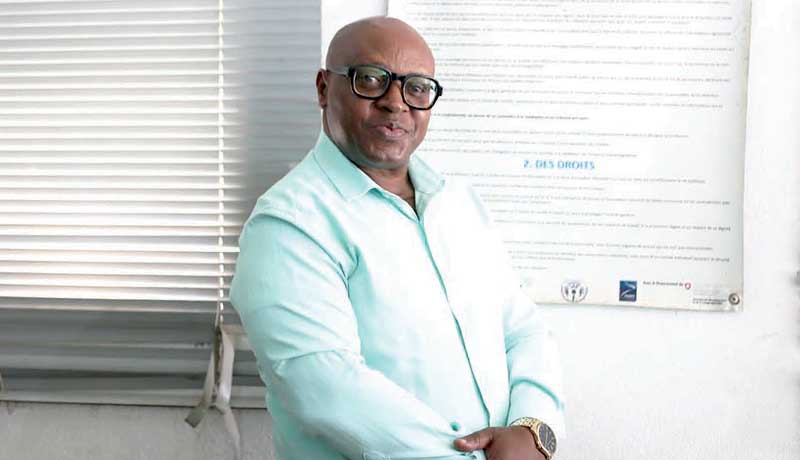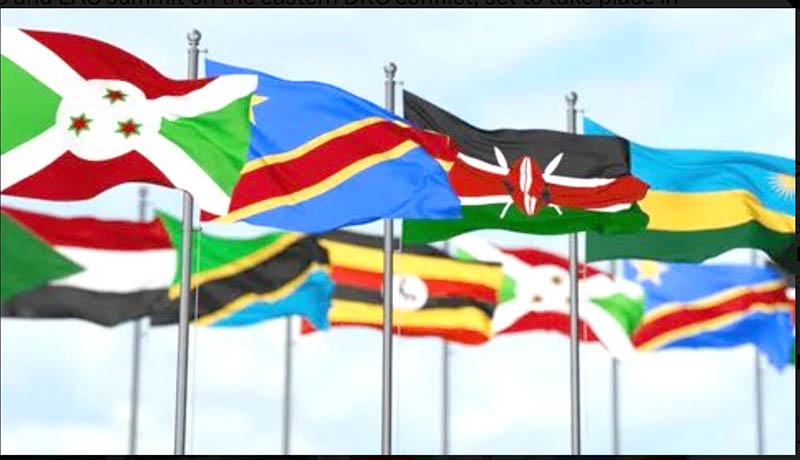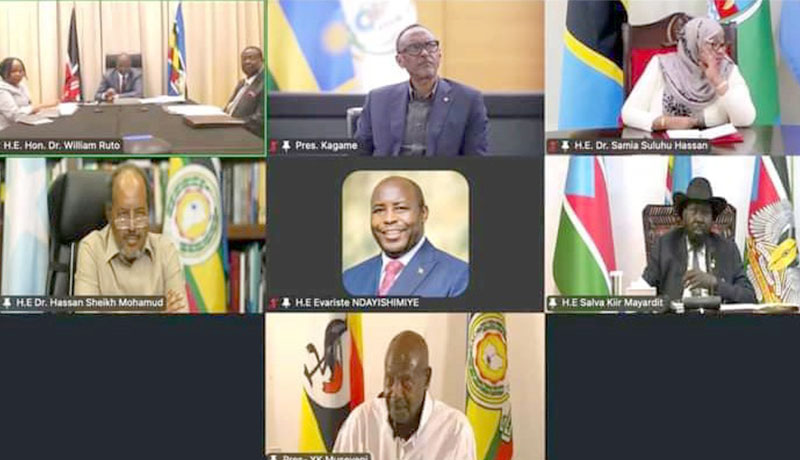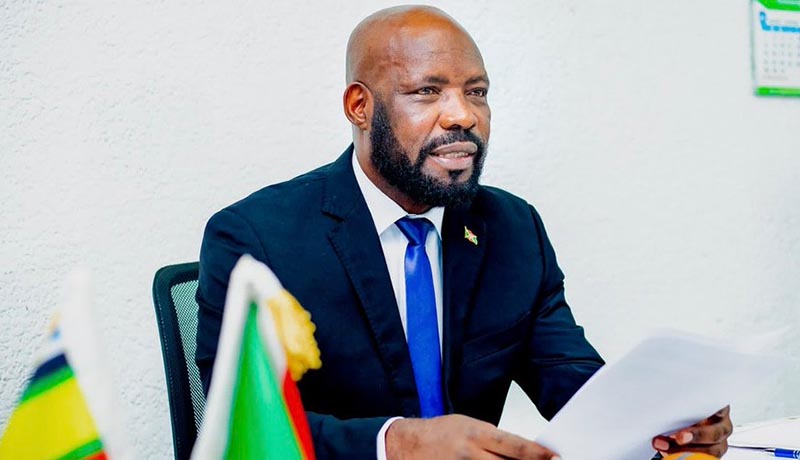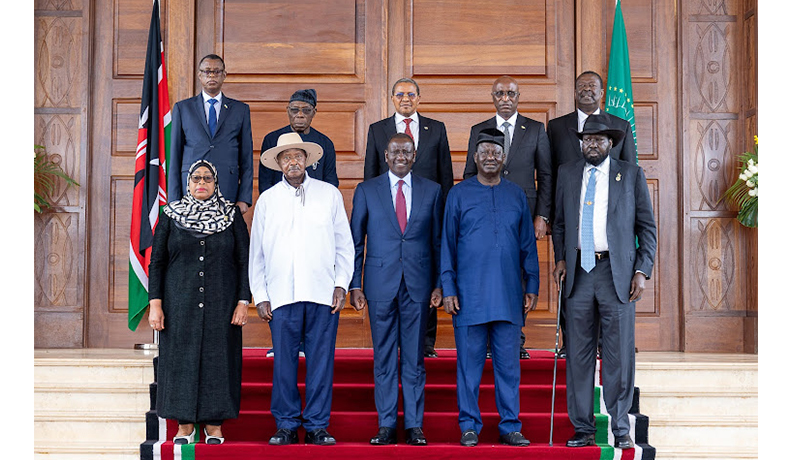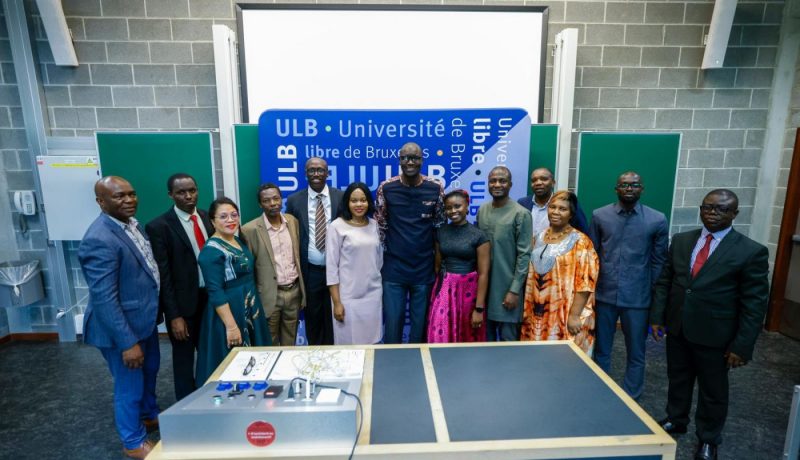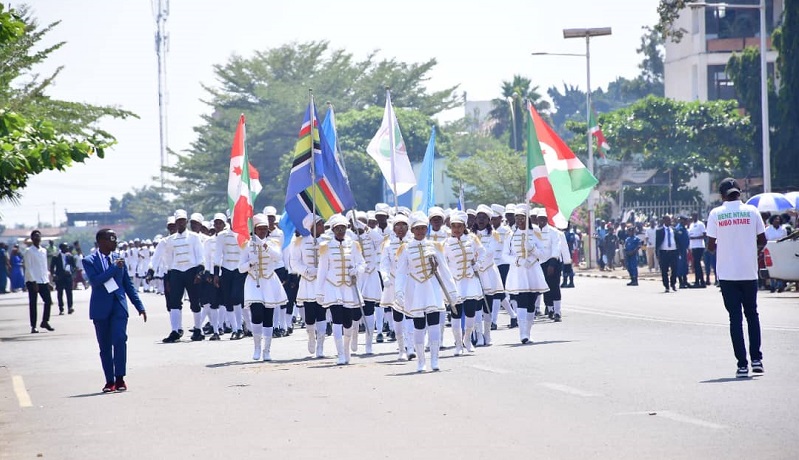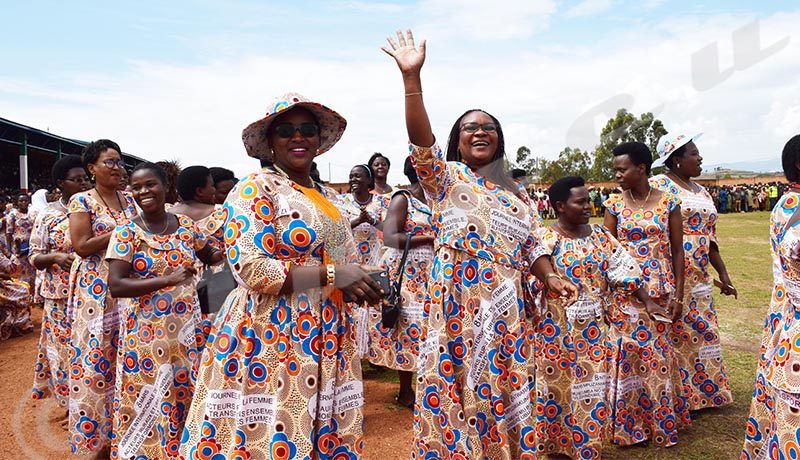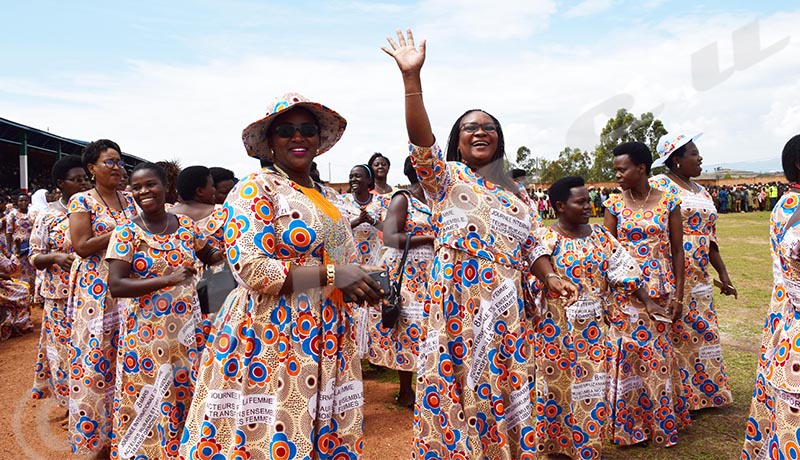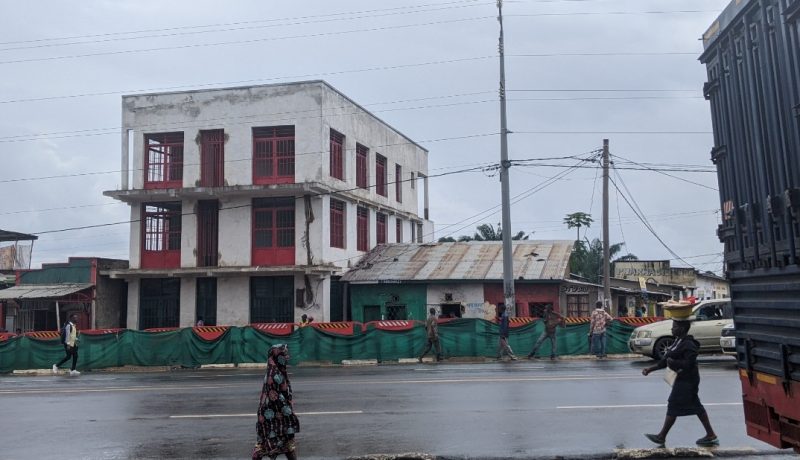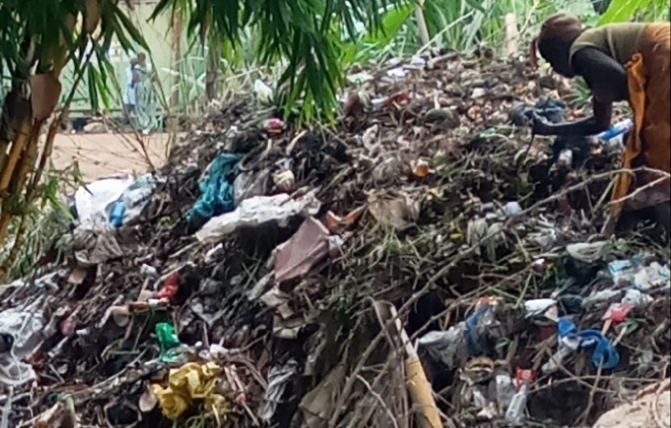They are eager to reach 50% even though some efforts have already been initiated within the different East African Community governments. The adoption of protocols on gender is important for them.
<doc6759|right>"Concerning the representation, we are not satisfied because we wish to reach 50% in the different institutions in East African Community (EAC)." complains Justine Nkurunziza, Vice-President of the Civil Society Reinforcement Forum (FORSC). For her, they don’t need to deeply think about it to notice disparities in attributing tasks within the institutions. "During meetings or in different commissions, the representation of women is largely inferior to men." According to this militant of civil society, it is necessary to review some policies in favor of women."The EAC protocol on gender which has not been signed yet, would allow the aspect of gender to be taken into account at all levels, including the representation." she indicates.
This view is also shared by Mrs. Anatolie Ndayishimiye, Head of the Collective Associations (CAFOB) and Burundian Women’s NGOs. According to her, women will not be satisfied as long as they don’t reach 50% in the institutions. However, she is aware of the step already achieved in Burundi:"Our Ministry at the Presidency in charge of EAC Affairs has been always headed by women. The presence of women in the Legislative Assembly of EAC is also a good thing. But we want to have 50% of men and 50% of women in 2015.
Problems of associations …
Among the Regional Associations like EABC (East African Business Council), EAWEEXN (East African Women Entrepreneurs Exchange Network),…Burundian women state that they do not have the power and the means to follow up what is going on within the Community. This is the observation of Alice Remezo, the Chairperson of Women Entrepreneurs Burundian Association (AFAB). According to her, such associations require a contribution of 1000$ per month for each Association. “When there is a meeting, they have to pay the transport fees as well as the stay fees. This is not easy for the majority of our colleagues."
However, it is this kind of Associations which enable people to have access to the great institutions, she continues.
For Mrs. Remezo, as those local associations are developed in Burundi, women are hindered to participate effectively in leadership."If our organization were initially ideal, we would be more represented. » she points out.
She indicates other challenges like poverty and some barriers like the laws on successions which hasn’t been yet voted and while it is a main concern of Burundian women. For this business woman, what is urgent is that Burundi should support them financially and technically. "This will allow us to develop quickly with the regional integration."
Concerning the issue of protocol on gender, Iwacu has tried to contact the different offices of the Ministry in Charge of East African Community Affairs to give their opinions, but in vain.
___________________________
Women : advantages and challenges related to regional integration
Women are already aware of the advantages of regional integration even if they claim 50% in the institutions : "Thanks to the visits carried out in other East African member states, let’s take this opportunity to share the experience. For example, we have learned many things about the laws and, in return; we are lobbying for improvement in the country" Alice says.
The free movement of persons is another thing that can be cheered. The Representative of CAFOB recognizes that women especially business women have today facilities to move freely in EAC:"Thanks to the free movement of persons, women acquire knowledge which allows them to progress in affairs."
However, Mrs. Ndayishimiye complains that women of rural area do not take advantages offered by the regional integration : "Women from rural area have practically gained nothing. The implementation of the new law causes the goods price to increase continually", she regrets.
The rural area women are not sensitized to the process of regional integration, they do not know for example how to proceed to export their sweet potatoes on EAC member states, she continues. The English language which is not mastered by Burundians is another obstacle raised by women.
